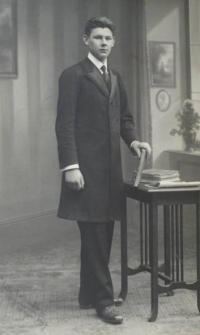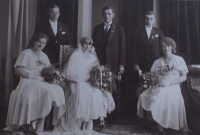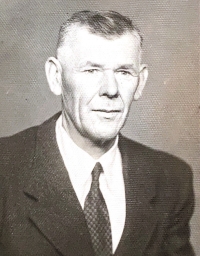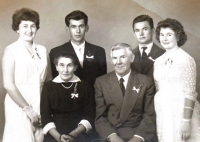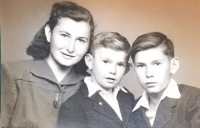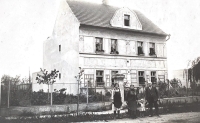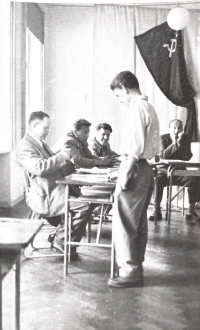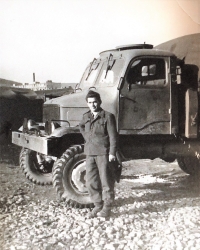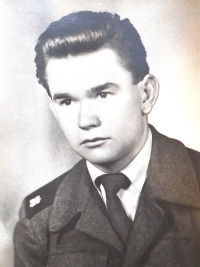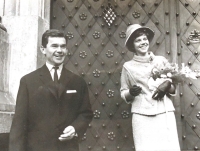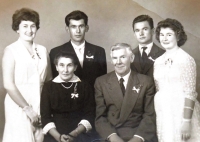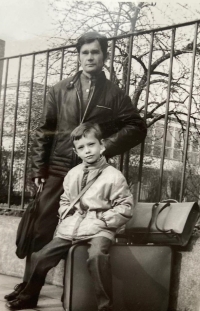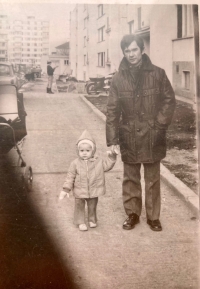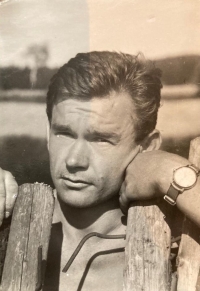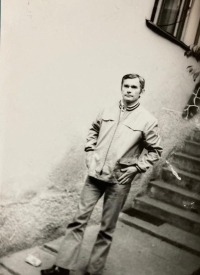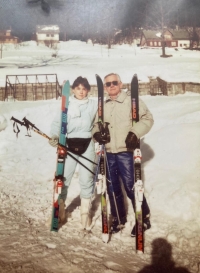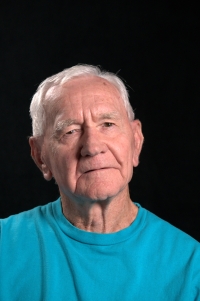We were deprived of our property, freedom and pride, and expelled from our native village
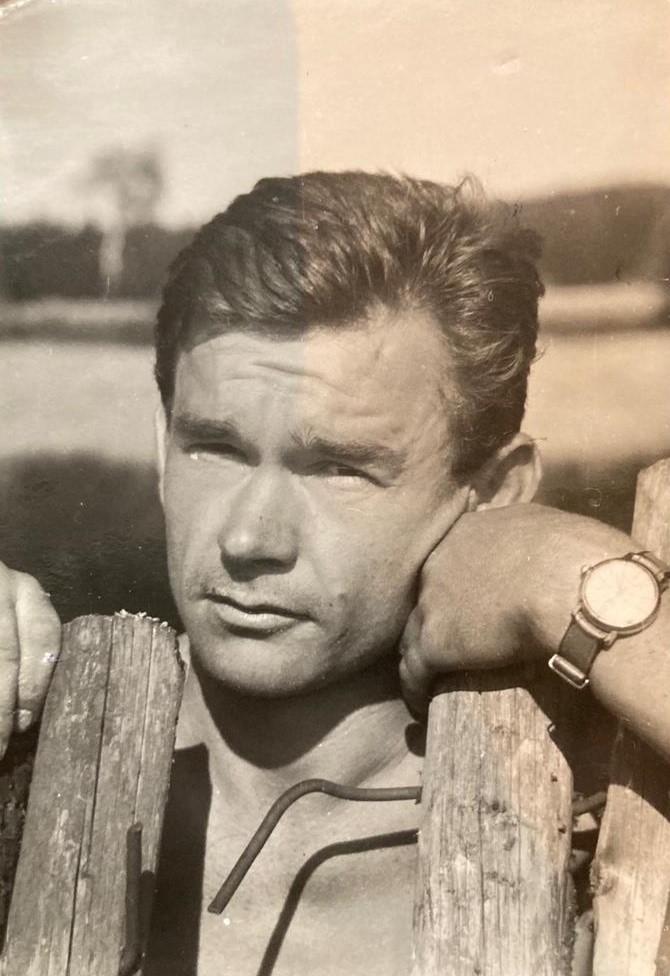
Download image
Josef Havránek was born on 25 July 1937 as the third of four children in a family that had the largest farm in the village of Hrobce in Litoměřice. Although his father refused to join a cooperative farm (JZD) in 1950, he finally succumbed to the pressure and signed the application form. However, the people who were running the cooperative farm had no experience in farming. So farming soon went from bad to worse. The cooperative farm failed to hand in compulsory state contributions and therefore it was easy to blame the witness´s father, who had been taking care of most of the work himself. In a show trial in 1952, the witness´s father was sentenced to three years for sabotage, lost all his property and was never allowed to return to Hrobce with his family. Despite being the son of a class enemy, Josef Havránek managed to complete his education. He devoted his whole life to chemistry. To this day, he still feels a deep sense of injustice for being uprooted from his native village. In 2022, the witness was living in Lovosice. We were able to record the witness´s memories thanks to the support of the town of Lovosice.
